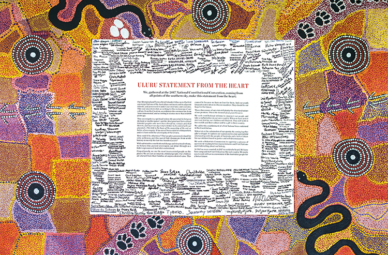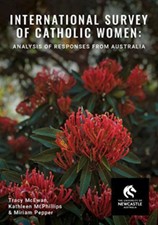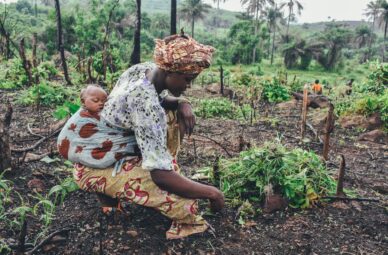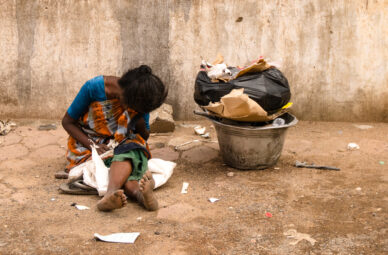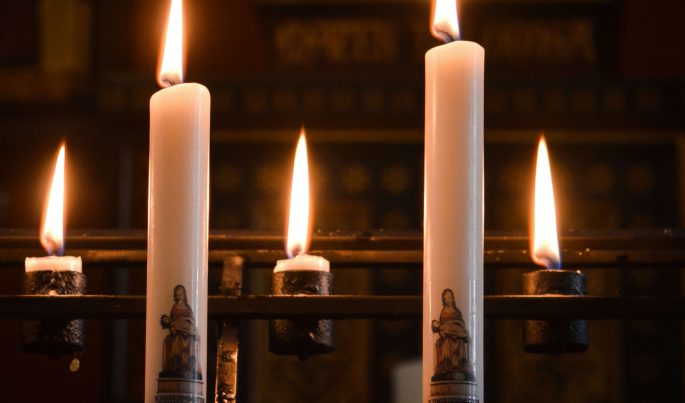
New momentum for the Plenary Council?
June 17, 2020Just as momentum was ramping up for the Plenary Council 2020, Covid-19 hit, Australia went into lockdown and suddenly life as we knew it stopped. The Plenary was postponed for a whole year, giving those of us who care a blessed extra year to read, reflect, dialogue about and discern the future of the Catholic Church in Australia.
255 delegates have been named. The Six Discernment Papers have been released and are available on the Plenary Council website. They will form the basis for the final agenda. The governance review commissioned by the Australian Bishops has been leaked to the media and is readily available online, though the Bishops had hoped to keep it under wraps until November.
What happens between now and October 2021? You may be thinking that there’s nothing left to do now that you’ve done your bit of listening and dialogue, or discernment, as the case may be. It’s now up to others to prepare the agenda and get on with it. You may remember to pray about it from time to time, but otherwise what else can you do?
A great deal, as it happens. I have been saying for a long time now that it’s not what the bishops do that matters so much as the extent to which we, the People of God, are prepared to change our internal disposition and be converted to a new way of thinking and being in the Church. And while this is never explicitly said in the governance review, addressed as it is to the bishops, it is the message that sings out loud and clear from every page.
The review’s delightful title, The Light from the Southern Cross - Promoting Co-Responsible Governance in the Catholic Church in Australia, does actually give the game away. While the bishops may adopt every one of its recommendations to promote co-responsible governance, unless the laity are willing to become co-responsible (and it’s a big ask) then it will all be for nothing. Two words that crop up over and over again in this report are synodality and co-responsibility. They stand at the heart of all that is envisioned and proposed.
What does this mean for us? If we still hold any hopes for the future of the Catholic Church in this country, then we need to be active. Covid-19 has given us the gift of time. We have time to read the documents, time to initiate conversation and dialogue with others, time to find out who our delegates are and engage them with the issues that concern us. We need to initiate ways of deeper discernment. In the absence of Church forums for dialogue, we must create our own, or ask our diocesan offices to provide them. If nothing else, the point of this is our own journey of synodality and co-responsibility, and in the doing of it we ARE church in a very real way. Who knows where it will lead?
At the end of the day, it won’t be the bishops who save the Church, whatever they do. It will be us.
ps. Since writing, the ACBC has issued a media statement, including the following: “The amended version will then be published in late July or early August, accompanied by a reading guide. This version will be widely available, and people are encouraged to read the full report (and not just the recommendations) and to provide feedback to their local bishop to help him in shaping his response,” Archbishop Coleridge said.
Author: Patricia Gemmell
Patricia has a Masters in Theology, is a member of the Australian Grail National Leadership Team and has been a parishioner of St Leonard's Naremburn for 34 years.




